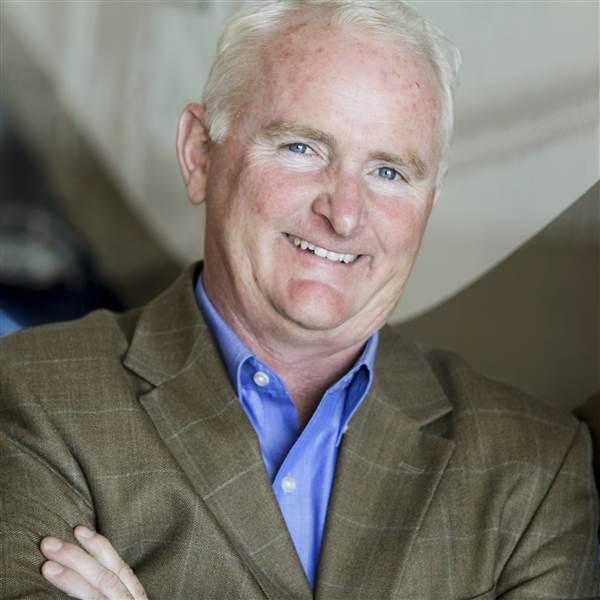President's Position: Big Names and Small Towns
The story behind an airport
Thankfully for Rushford, Minnesota, there’s Robert W. Bunke, without whom Rushford would not have an airport to begin with.
In July of this year, I had the honor of traveling to Rushford to present Bunke, a Marine Corps veteran and general aviation pilot, with an AOPA Presidential Citation Award during a naming ceremony and fly-in of 90 aircraft—all organized to recognize one relentless man in his hometown. Forty years after Bunke’s tireless work to bring an airport to his town, Rushford Municipal Airport would now be named Robert W. Bunke Field.
Bunke soloed at age 17 in 1945 and trained in a variety of taildraggers he rented for about $7 an hour. Later in life, he took on business challenges to merge small rural telephone systems into a regional cooperative, and created a Wisconsin management and engineering services firm. He was able to incorporate his love of flying with his professional life—and eventually brought aviation to Rushford.
Just like any big undertaking, building an airport takes lots of planning and research. Bunke not only led and organized the effort, he made it a reality.
At first, Bunke’s small town rejected the idea of an airport, arguing there were no airplanes in Rushford, so an airport wasn’t necessary. Luckily, Bunke kept a Field of Dreams mentality of, “Build it and they will come.” He persisted, and after more than 10 years of advocating for an airport, his vision eventually became reality.
When Bunke does something, he does it all the way. His impact on Rushford and the legacy he will leave behind extends far beyond helping to establish an airport. Not only did he help usher in businesses that provided jobs and supported the local economy, he also shared his love of aviation with others by giving them the opportunity to fly. His passion for flying was so contagious that his son, Jim, soloed at age 16, and has since become an executive with Gulfstream Aerospace.
It’s clear Bunke has made quite the impression on Rushford, and even though he’s not at the airport as often as he used to be, pilots agree flying into Rushford is one of the best experiences they’ve had—with some of the friendliest people they’ve ever met. There’s an FBO with a kitchen and a grill, offering hamburgers and root beer floats. Having the opportunity to travel to Rushford for the ceremony honoring Bunke and presenting him with the AOPA award was something I will always remember.
Rarely do we honor those who have dedicated their lives to something so valuable to the community until long after they’re gone. It was such a memorable experience to be able to see someone honored for his hard work while he’s still around to appreciate it.
We must recognize all the leaders and pilots across the country like Robert Bunke, who were at the forefront of aviation and recognized the need to provide access and share general aviation with their communities, and still do today. While many communities lacked the vision to understand how important aviation is for a community to grow and thrive, leaders like Bunke took it upon themselves to provide for the next generation. Bunke and others like him are true pioneers, unwilling to accept the status quo. His persistence afforded a community something priceless, and I am grateful to have had the opportunity to honor him.
As advocates for general aviation, we must work to embody the spirit and honor the contributions of people like Bunke. Many times we take for granted small airports that allow us the access essential for growing businesses and reaching countless places across the globe. Many smaller towns across America still struggle to keep their airports running or are searching for ways to build new ones. Yet, the importance of small airports was never as well demonstrated as during recent hurricane relief efforts in parts of the country.
The next time you’re flying to a rural town or even a big city, take a moment to reflect on the person that airport is named for. You might be surprised to hear the story of that person’s journey. Even better, take the time to learn about your airport’s history, the people responsible for it, and consider honoring them for their contributions.
Email [email protected]



